Prime Minister Lawrence Wong and team members at the launch in Marsiling-Yew Tee Constituency. (Photo: Tat Dat/VNA)
During the past 9 days of election campaigning, Singaporeans have heard a lot about each party's policies through election platforms, rallies, meetings with voters, with a spirit of fierce competition between political parties.
Voters also have a day of reflection before going to the polls to consider what their MPs have said and done over the past five years, and to assess the parties' vision for dealing with the issues of the times.
This is Singapore's 14th election since independence and is seen as an important test for Prime Minister Lawrence Wong, who succeeded Lee Hsien Loong last year.
In this election, parties will compete for 97 seats in the National Assembly , distributed across 33 constituencies, including 15 single constituencies and 18 group constituencies.
As the world’s attention turns to the US’s tariff war with many countries around the world, Singapore announced a general election. The announcement was made after a series of statements by the leaders of the ruling People’s Action Party (PAP) on Singapore’s response to the “tsunami” and continued to reassure the people.
In an interview with VNA reporters in Singapore, Professor Bilveer Singh, Deputy Head of the Department of Political Science, National University of Singapore, assessed that the decision to hold a general election at this time was a wise choice for the Singaporean Government as well as the PAP.
In addition to a packed agenda and domestic opportunistic calculations as the November 2025 election window is closing, the increasingly unstable global environment and the prospect of Singapore’s economy becoming increasingly difficult are factors that have prompted Prime Minister Lawrence Wong’s government to “push the button” on the game. In fact, waiting will only add to the instability.
Against this backdrop, Singaporeans are turning their attention to issues that are close at hand. On public housing, they are wondering whether HDB flats will remain affordable. On the cost of living, will the large middle class and the less fortunate receive adequate support even as inflation eases?
On immigration, the perennial question is about balancing the need to attract a diverse, high-quality foreign workforce while maintaining and nurturing a strong Singapore core workforce. It is no surprise that voters are focused on practical, everyday concerns. And providing solutions, reassuring and convincing voters is a perennial task for candidates of every party and government once it is formed.
In fact, there are concerns that are reflected in each party’s policies across the board, not just during election campaigns. For example, during debates on fiscal policy, major opposition parties such as the Workers’ Party (WP) and the Progress Singapore Party (PSP) consistently opposed the PAP’s increase in GST from 7% to 9%, citing the inflationary backdrop, while proposing alternative ways to raise revenue, such as using more of the past budget reserves and proceeds from land sales.
However, the PAP said the opposition proposals were merely political posturing and would disadvantage future generations of Singaporeans. At the 2022 debate on amending the GST Act, then-Deputy Prime Minister Lawrence Wong said the GST must be increased to bridge the revenue-expenditure gap by 2030, with healthcare and social spending forecast to rise.
While the government has looked at various revenue alternatives, such as property tax, personal income tax and corporate income tax, these funds are simply not enough to replace the GST hike, which would raise S$3.5 billion a year...
The WP's opposition was reiterated at Singapore's Budget 2025 debate and the GST remains a target for opposition parties like the WP to attack the ruling party.
With uncertainty being the only certainty, analysts say Singapore voters will have a broader perspective, looking beyond Singapore to think about global issues. This is also something the PAP always wants to emphasize in the context of the issues raised by opposition parties revolving around the people's "bread and butter" lives.
In the 2009 S. Rajaratnam Lecture, one of the last major foreign policy speeches by the late Singaporean Prime Minister Lee Kuan Yew, the founding father of the nation declared: "Singapore cannot take its relevance in the international system for granted... Singapore must continually reinvent itself and maintain its relevance to the world, while creating political and economic space. This is an economic imperative for Singapore."
Looking back, Singapore has overcome many difficulties to achieve much. When it gained independence in 1965, Singapore’s GDP per capita hovered around US$500. Today, it exceeds US$63,000 (S$84,000), and much of that success was built on integration and development within a stable global order. But that order is no longer guaranteed. So when considering which candidate or political party to support, in addition to assessing whether they have adequate answers to the essential challenges ahead, Singapore voters are probably also looking to see whether the candidate has the foresight and insight to navigate the country in a rapidly changing global environment.
For them, a Singaporean MP does not necessarily have to have the same foreign policy acumen as a prime minister or foreign minister, but still has to grasp the fundamental threat and what it really means to be an MP in a country so closely connected to the international economic network.
That is why this year's Singapore general election is an election of vision. The generational transition of Singapore's leadership is taking place and the country's public opinion is following a consistent vision./.
According to VNA
Source: https://baothanhhoa.vn/khoang-2-75-trieu-cu-tri-singapore-bo-phieu-bau-nhung-nha-lanh-dao-tuong-lai-247538.htm


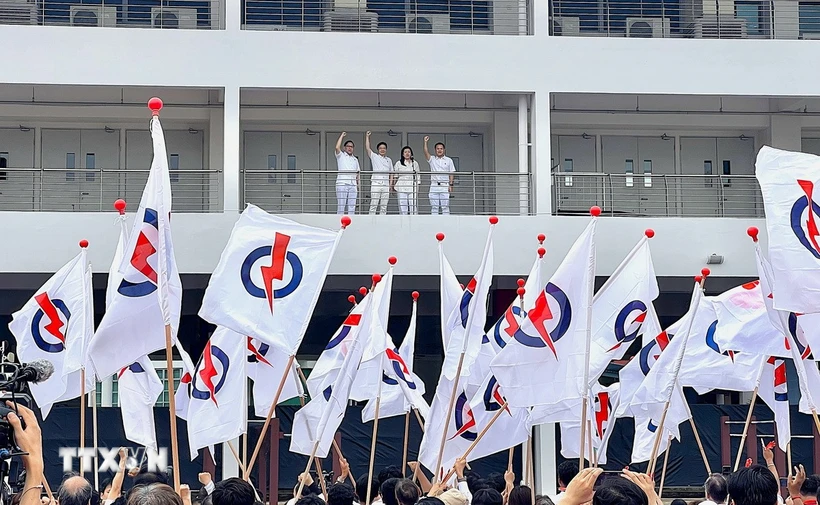
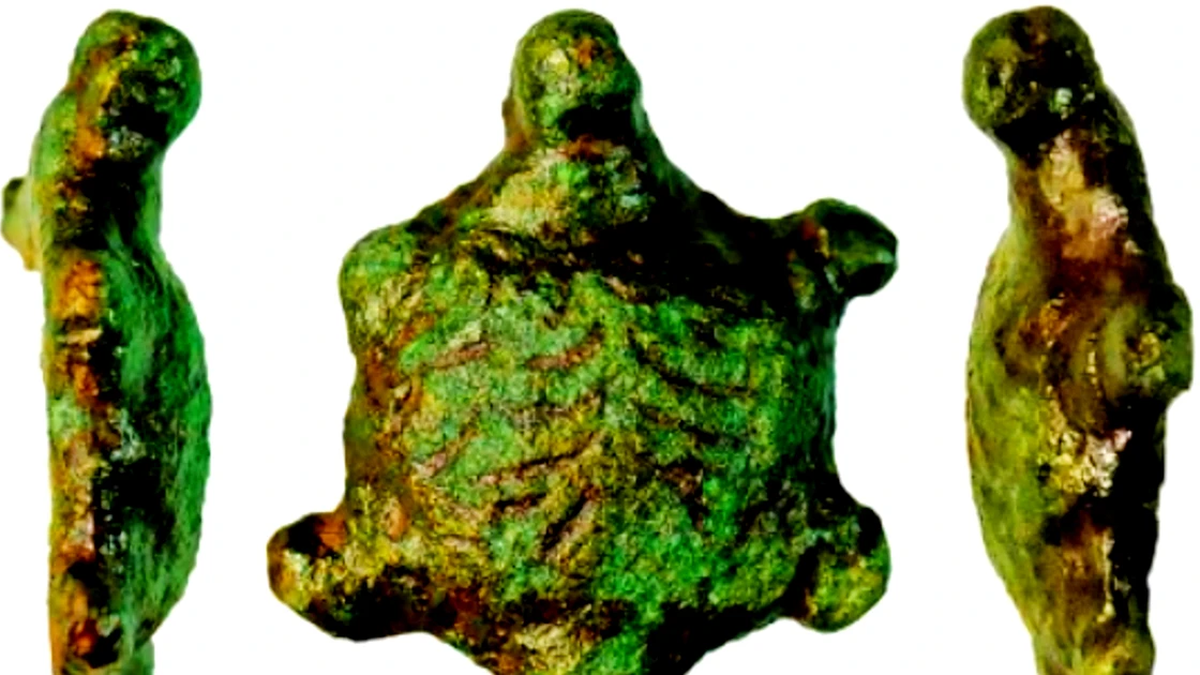


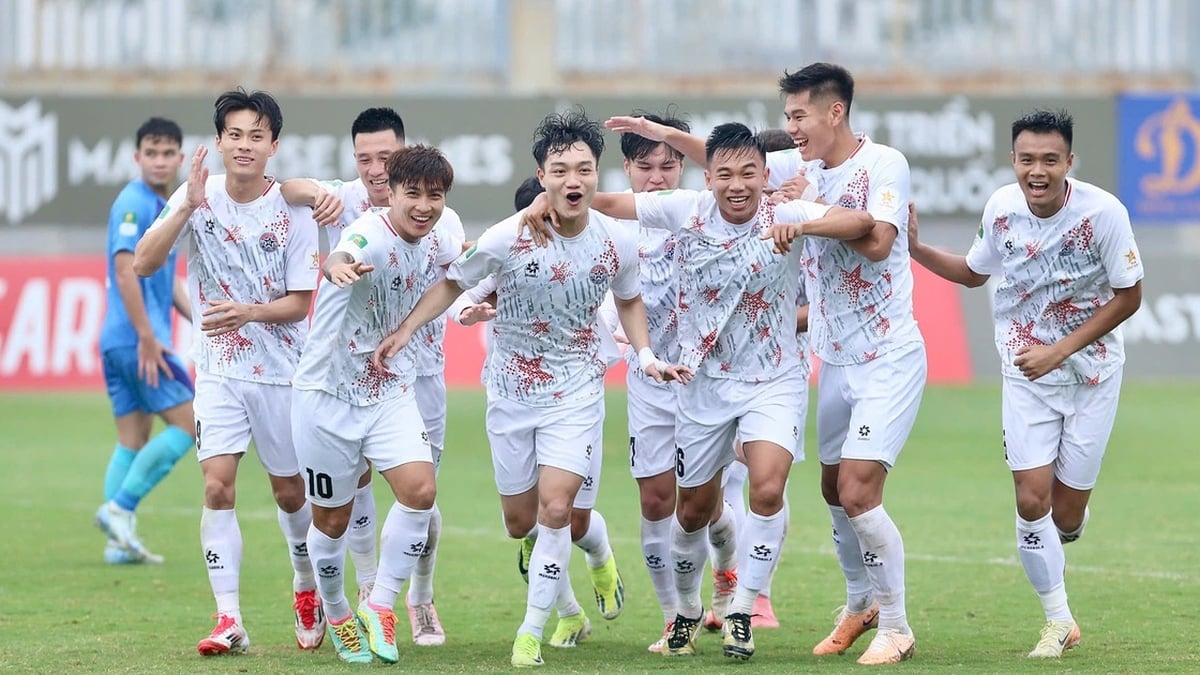
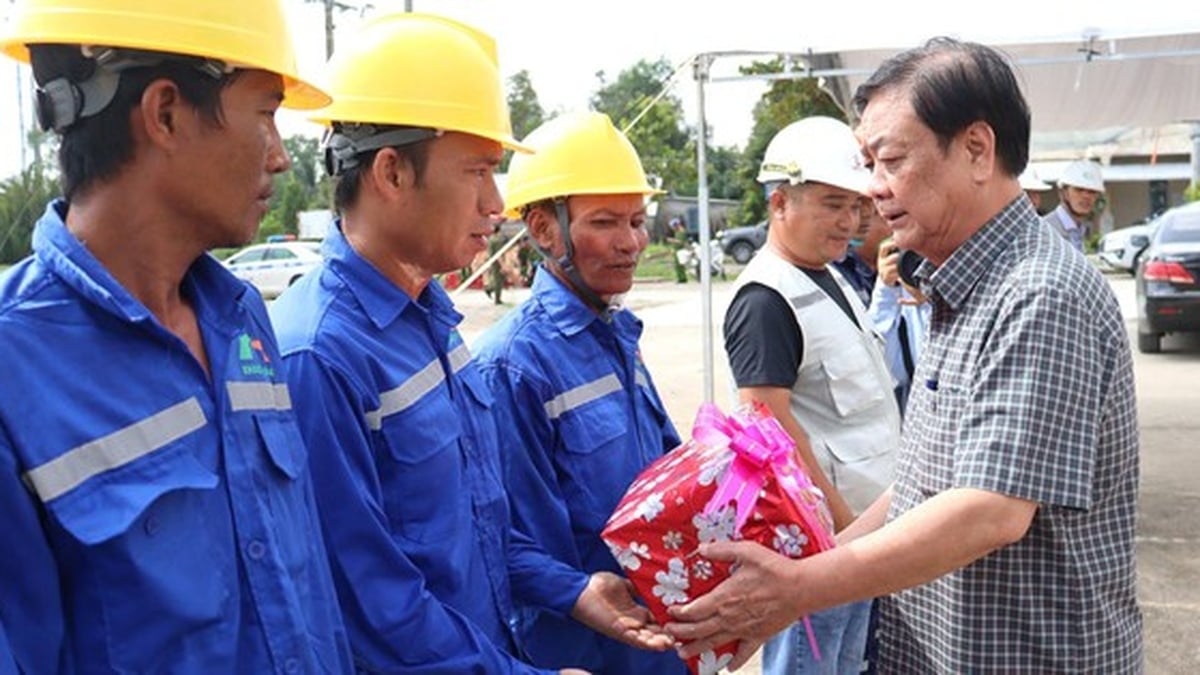

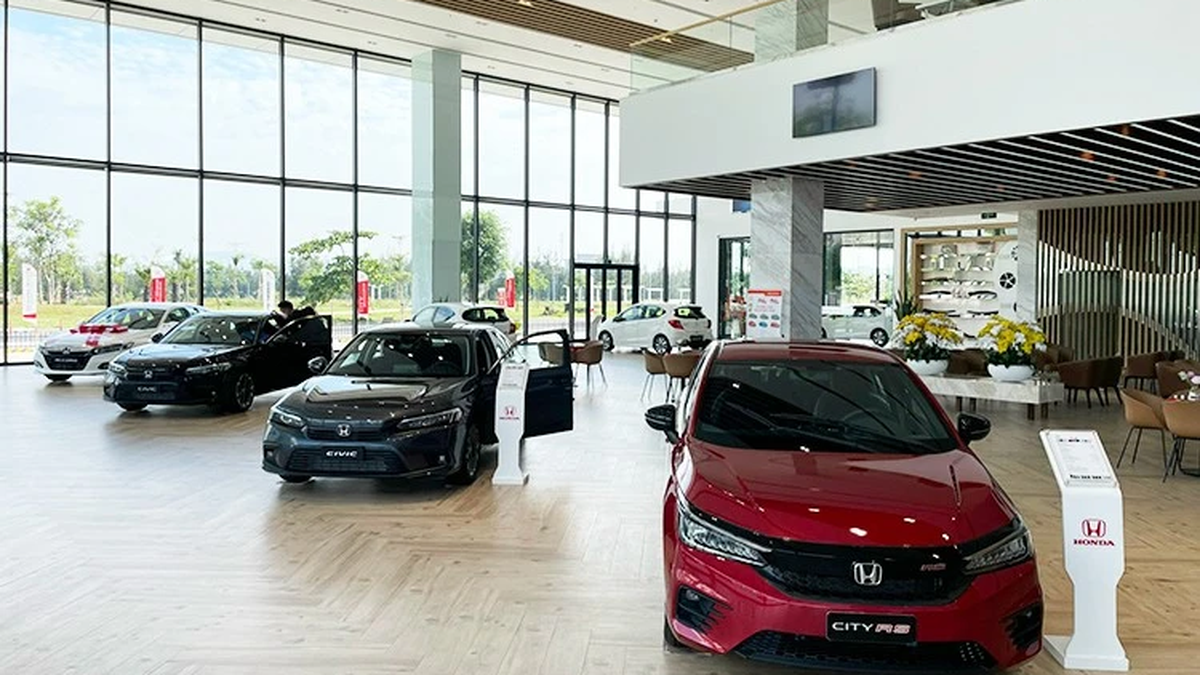
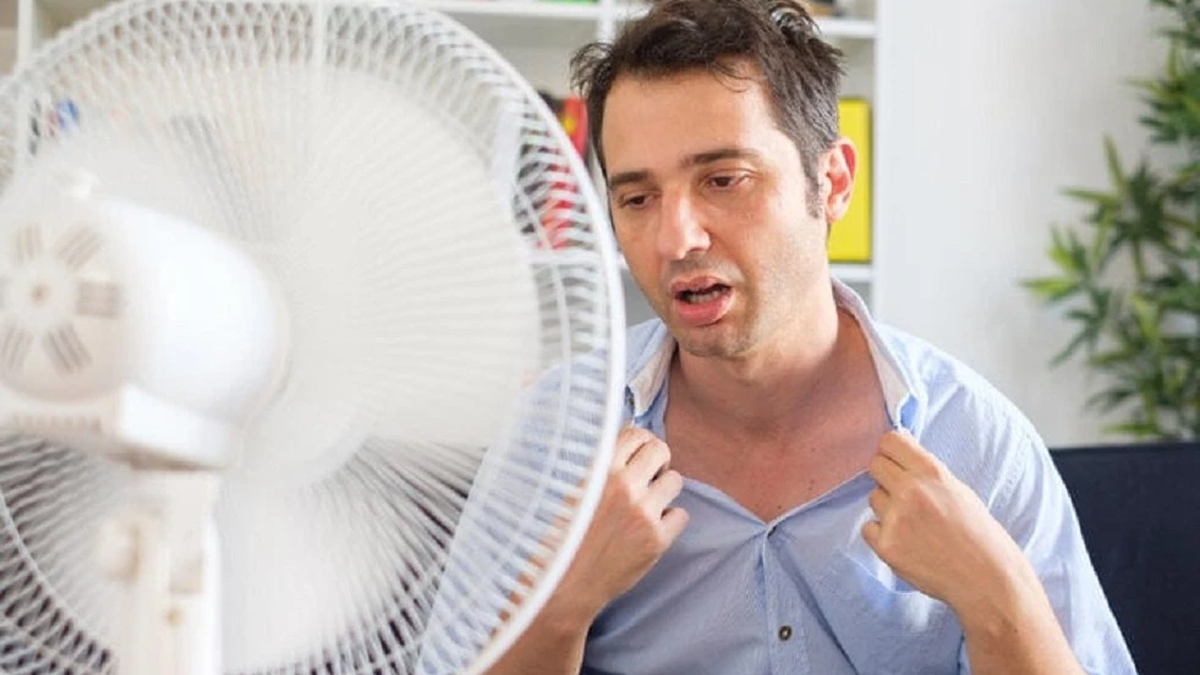

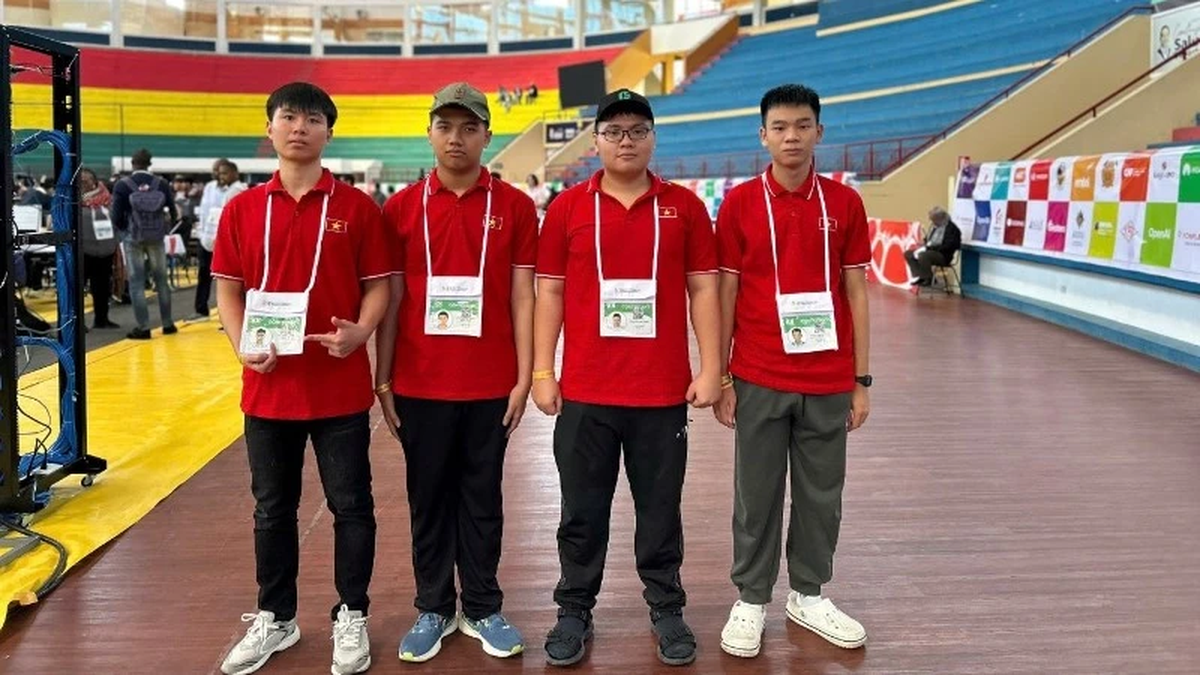






















































































Comment (0)